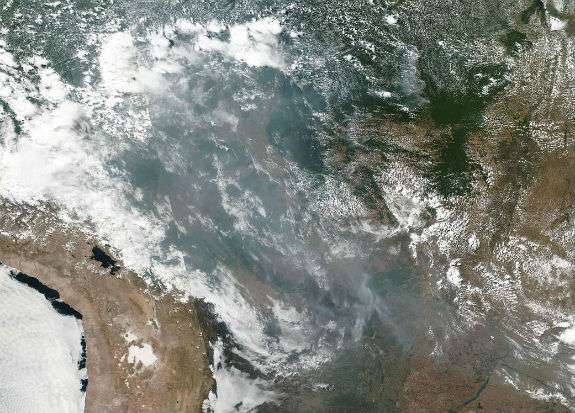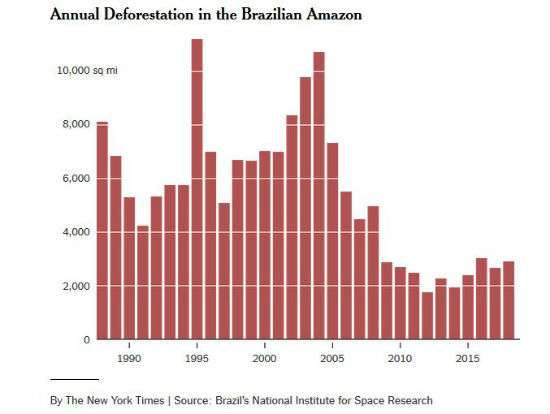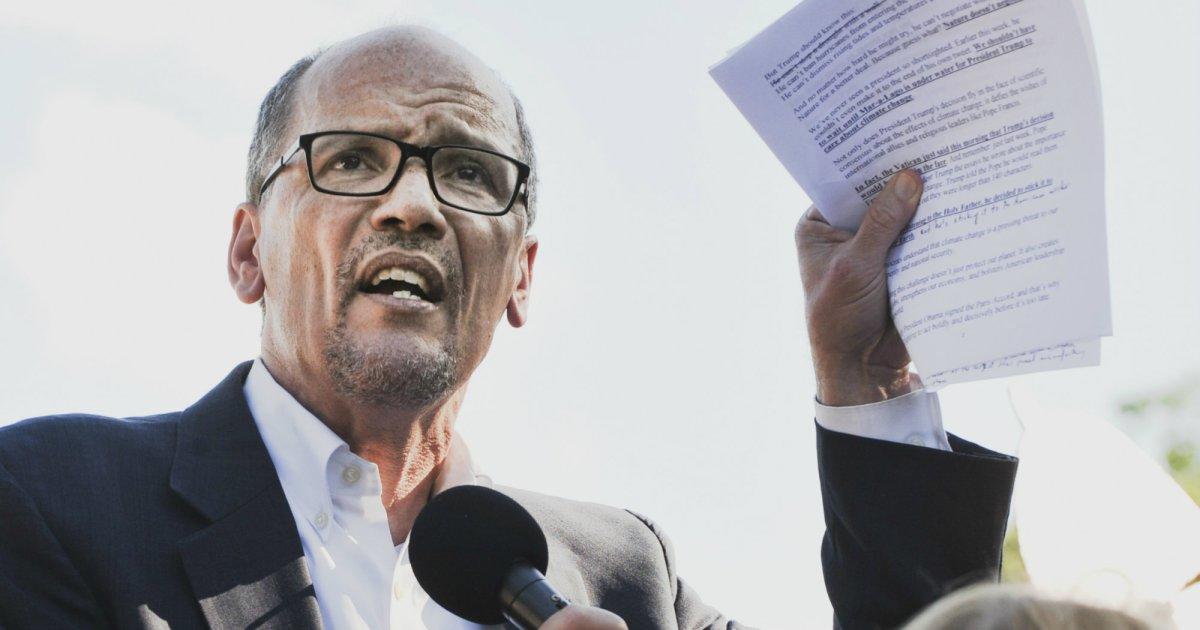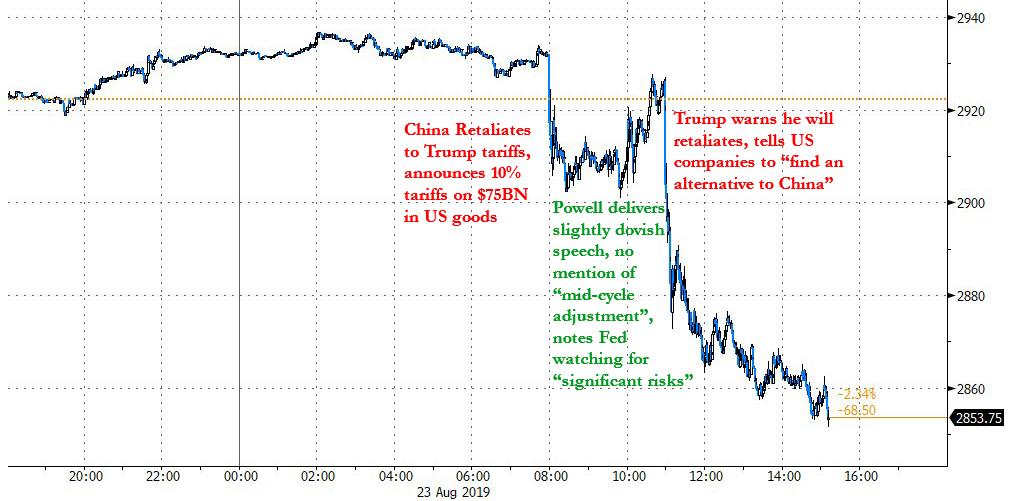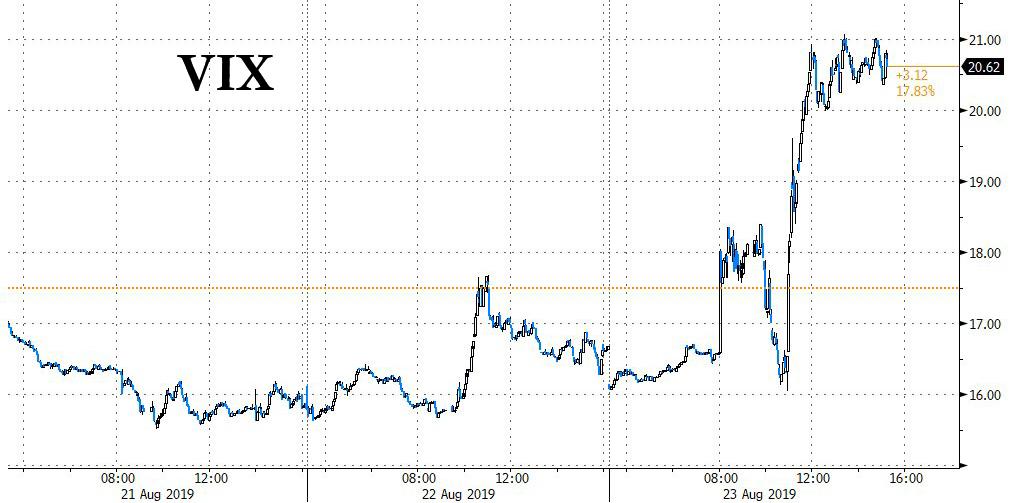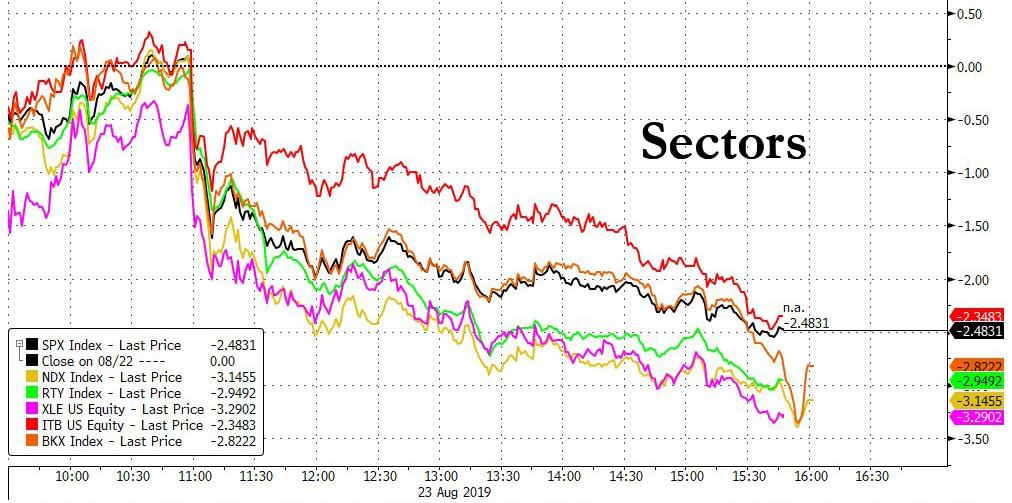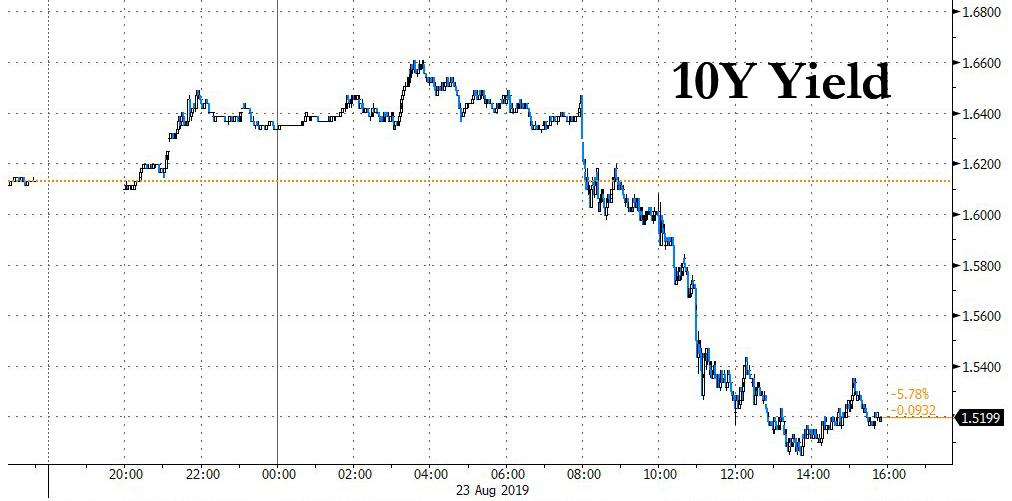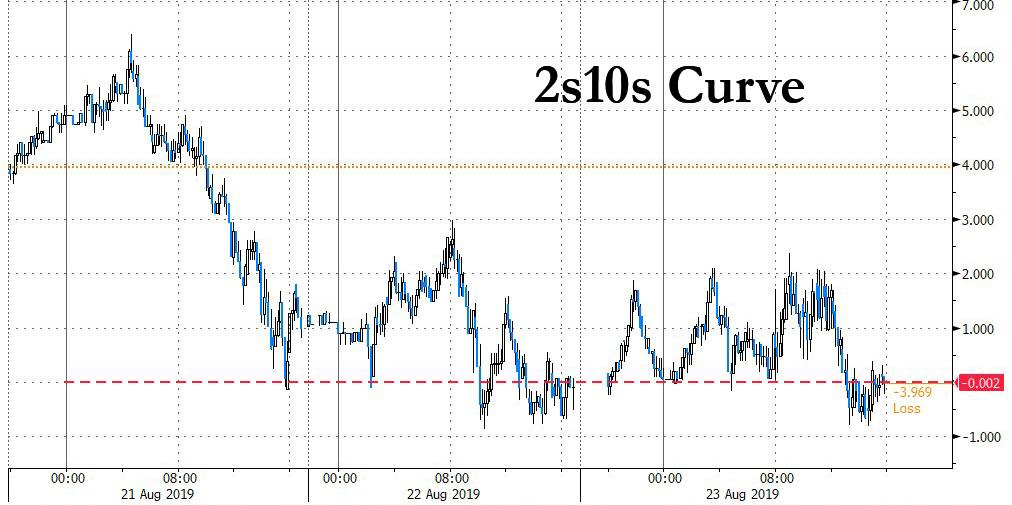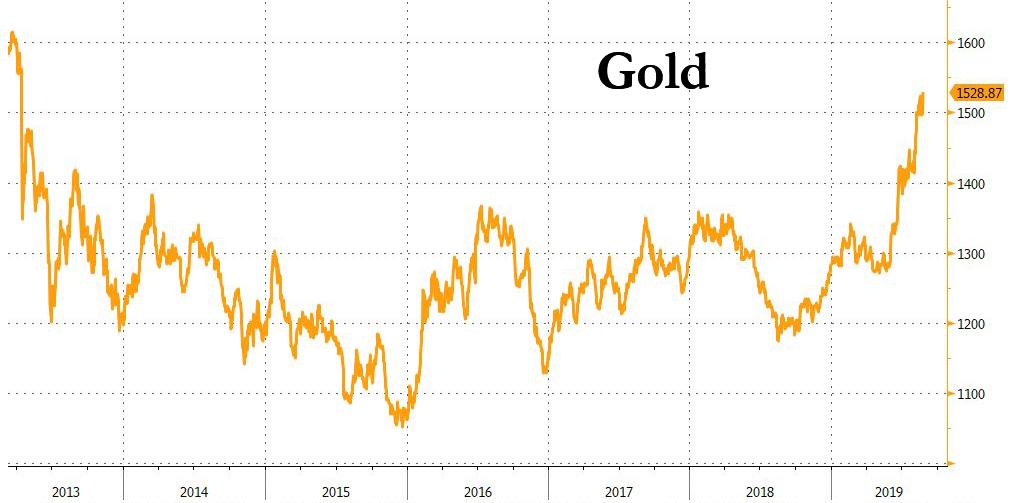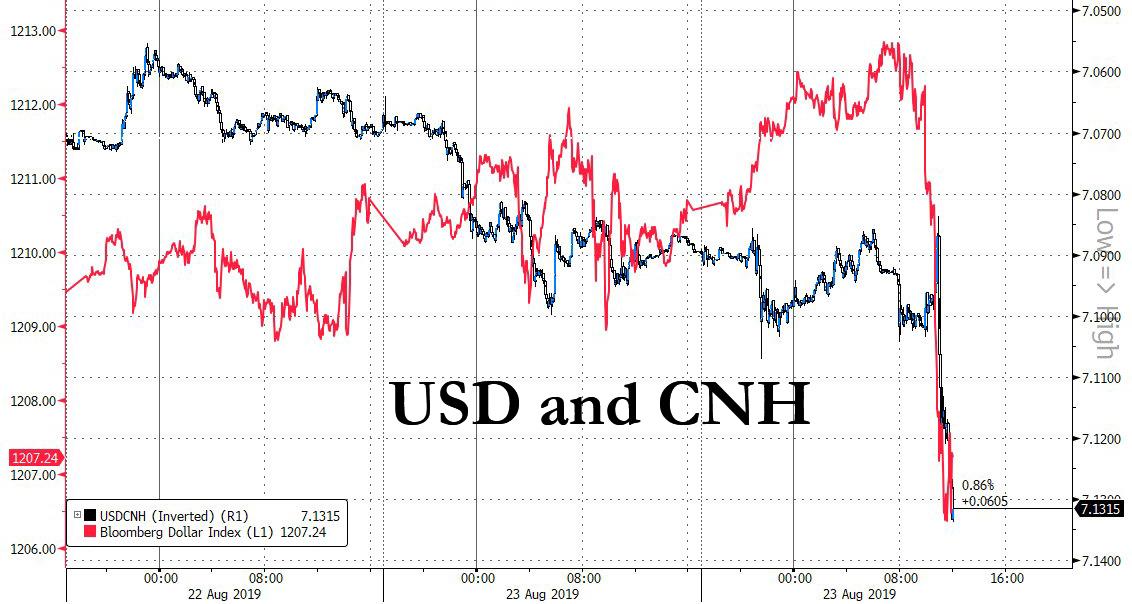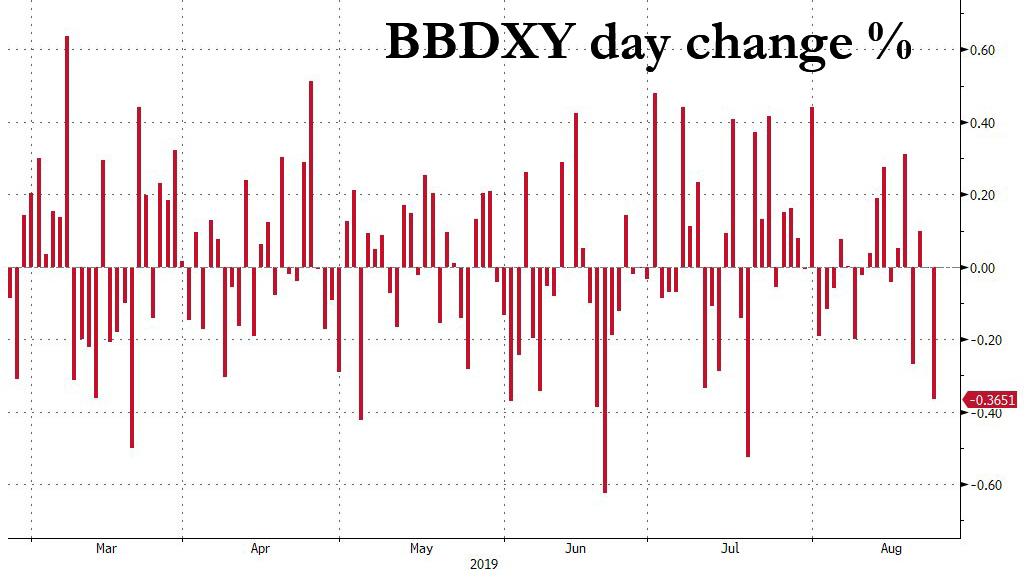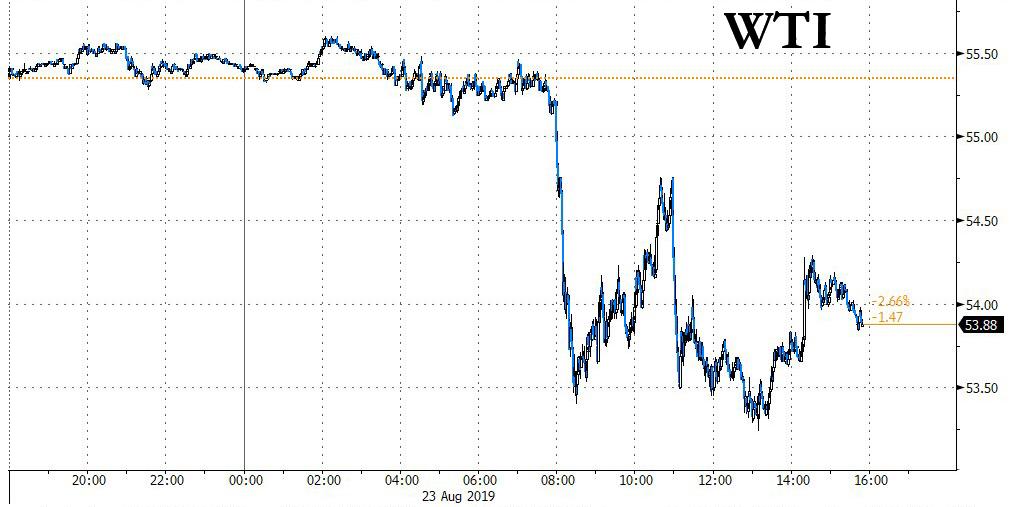Today Harris County, Texas, District Attorney Kim Ogg announced that Gerald Goines, the narcotics officer who instigated the disastrous January 28 drug raid that killed a middle-aged couple, has been charged with two counts of felony murder. The raid, which discovered no evidence of drug dealing, was based on an affidavit by Goines that cited a “controlled buy” of heroin that apparently never happened.
After defending the no-knock raid at 7815 Harding Street and describing Goines as a hero, Police Chief Art Acevedo revealed that investigators had been unable to identify the confidential informant who supposedly had bought heroin from Dennis Tuttle, a 59-year-old disabled Navy veteran who was killed by police along with his 58-year-old wife, Rhogena Nicholas. The investigators concluded that Goines, who retired in March after 34 years with the Houston Police Department (HPD), had lied in his search warrant affidavit.
Another narcotics officer involved in the raid, Steven Bryant, has been charged with evidence tampering for “knowingly providing false information” in a police report afterward. Goines claimed that Bryant, who retired three weeks before Goines, had verified that the “brown powder substance” supposedly purchased from Tuttle was black-tar heroin.
“These two charges of Felony Murder and Tampering with a Government Document against former Officers Goines and Bryant are the beginning of holding those responsible accountable,” Ogg said. “This is the start, the tip of the iceberg, in terms of how deep and wide we are investigating. We will find the truth about this entire matter.”
Ogg said “prosecutors are reviewing the events which preceded the deadly raid, including extraneous corruption allegations against Goines,” who had a history of questionable affidavits and testimony. The Houston Chronicle reports that Goines “is still under investigation over claims he stole guns, drugs and money.”
Ogg’s office also is reviewing “more than 14,000” previously filed criminal cases involving the HPD Narcotics Division, including some 2,200 cases that were handled by Goines and Bryant. Dozens of pending cases already have been dismissed.
The HPD delivered the findings of its internal investigation to Ogg in May. The FBI is conducting a separate civil rights investigation, and last month two officers who responded to a January 8 call that supposedly implicated Tuttle and Nicholas in drug dealing testified before a federal grand jury. Contradicting Acevedo’s claim that the Harding Street home was known as a “drug house” and “problem location,” neighbors told local news outlets they had never noticed any suspicious activity there.
Tuttle and Nicholas were killed during an exchange of gunfire that also injured four narcotics officers, including Goines. According to police, the gunfire began after the first officer through the door use a shotgun to kill the couple’s dog.
from Latest – Reason.com https://ift.tt/2L36g7G
via IFTTT
